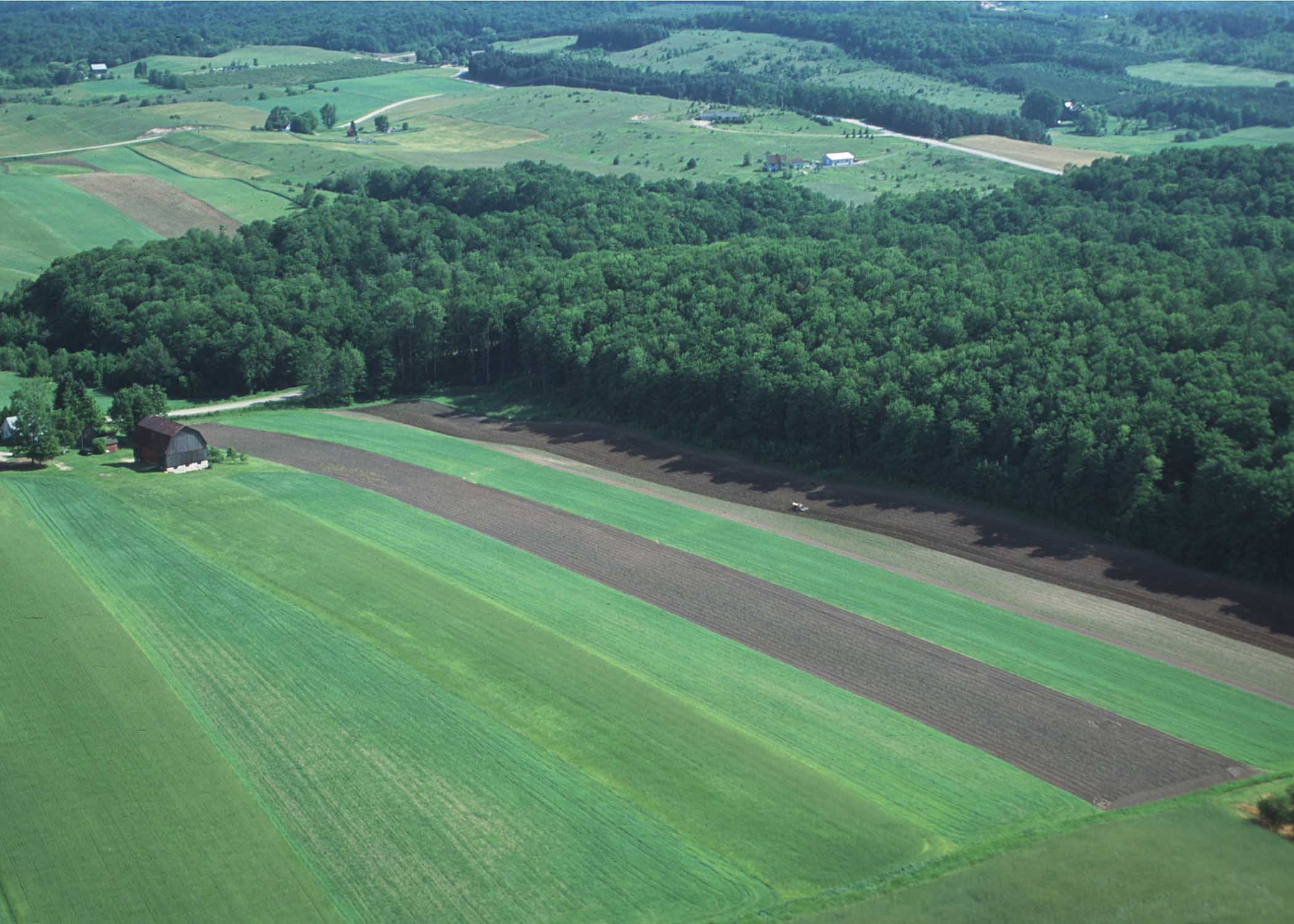Wednesday, August 16, 2017 -  According to an analysis of USDA data by the Midwest Center for Investigative Reporting, foreign entities are snapping up American farmland more quickly than ever.
According to an analysis of USDA data by the Midwest Center for Investigative Reporting, foreign entities are snapping up American farmland more quickly than ever.
While it was a daunting task sorting through the errors and incomplete files, they were able to say for sure that between 2004 and 2014—the latest decade covered by the USDA data—foreign ownership of American farmland has doubled to 27.3 million acres. That’s slightly larger than the entire state of Tennessee.
Other interesting facts from the report are:
- Of that total, 21.5 percent is cropland; the rest, forest and pastureland.While that represents only about two percent of total farmland, the value of the foreign-owned U.S. farmland soared from $17.4 billion (in today’s dollars) to $42.7 billion during that same time period.
- Canada and the Netherlands lead the pack in terms of foreign investors. The Netherlands is a major player in the wind industry, and has long had an oversized presence in the US—most of the land they own is for the purpose of wind farms.
- The primary concerns about foreign holdings of American agricultural land are fears foreign nations could drive up the price of food, orforce out American farmers. Those fears have not been realized but could change as foreign ownership continues to rise.
- China more than doubled its holdings with the acquisition of Smithfield Foods, and could spike again if ChemChina’s proposed acquisition of Syngenta goes through.
- Though foreign entities are required to complete reports, those reports are self-submitted and not verified. Laws restricting foreign ownership of agricultural land vary by state. Iowa essentially forbids it. Texas — with about 3 million acres of foreign-held agricultural land — has no restrictions.
- Texas and Maine, have the most foreign-held agricultural land.
- In Maine, the acreage is equal to about half the size of Vermont.
- California has more than a million acres of foreign-held agricultural land.
- Laws governing foreign ownership of land date back to 1978, when a group of concerned governors forced the passing of the Agricultural Foreign Investment Disclosure Act (AFIDA). With the expansion of foreign owned land, these laws seem to be inadequate.
- This year, a bipartisan bill named the Food Security is National Security Act of 2017 was introduced to attempt to require more information for (and place more restrictions on) any deal that might potentially place agricultural land in the hands of a foreign nation. It’s currently bouncing around Senate committees.
Learn more at this link